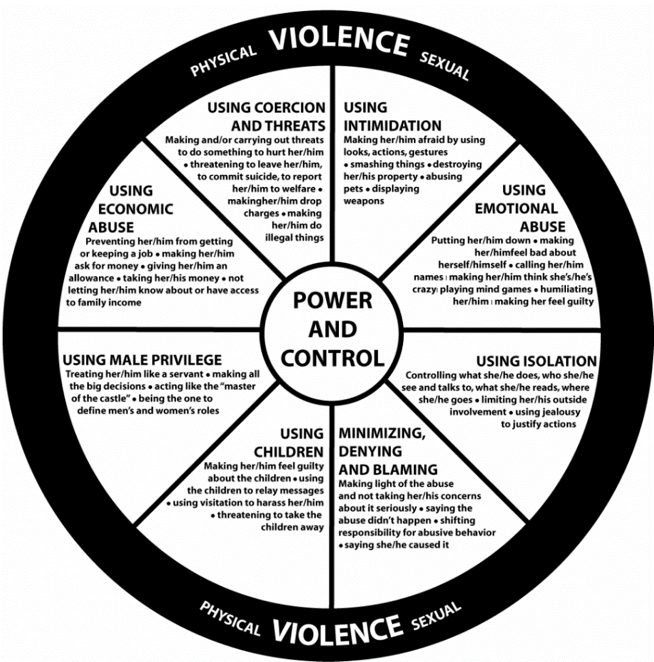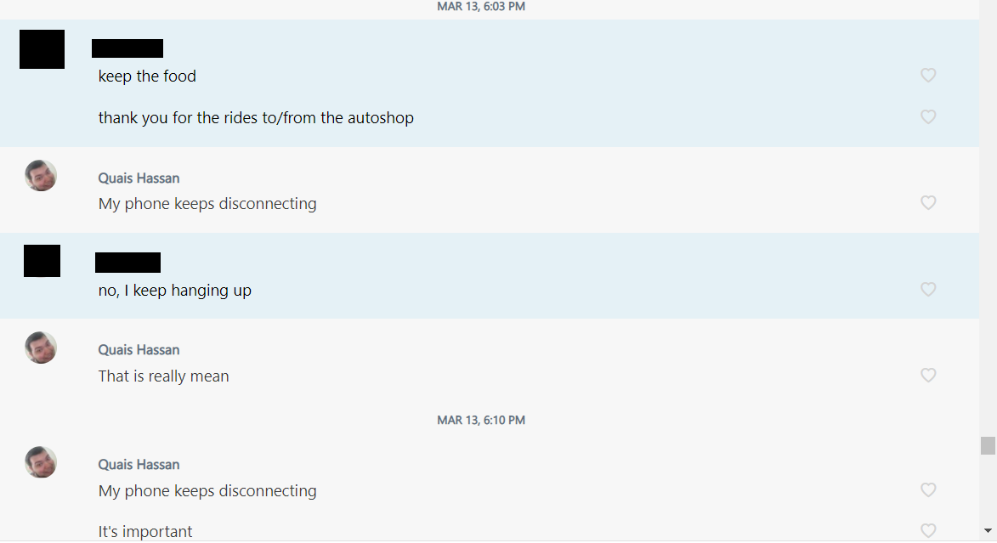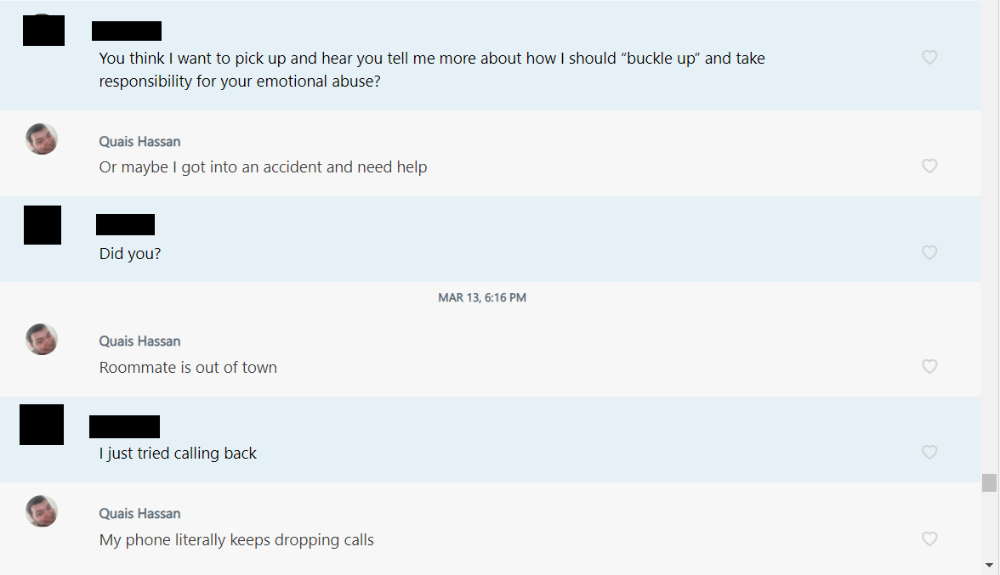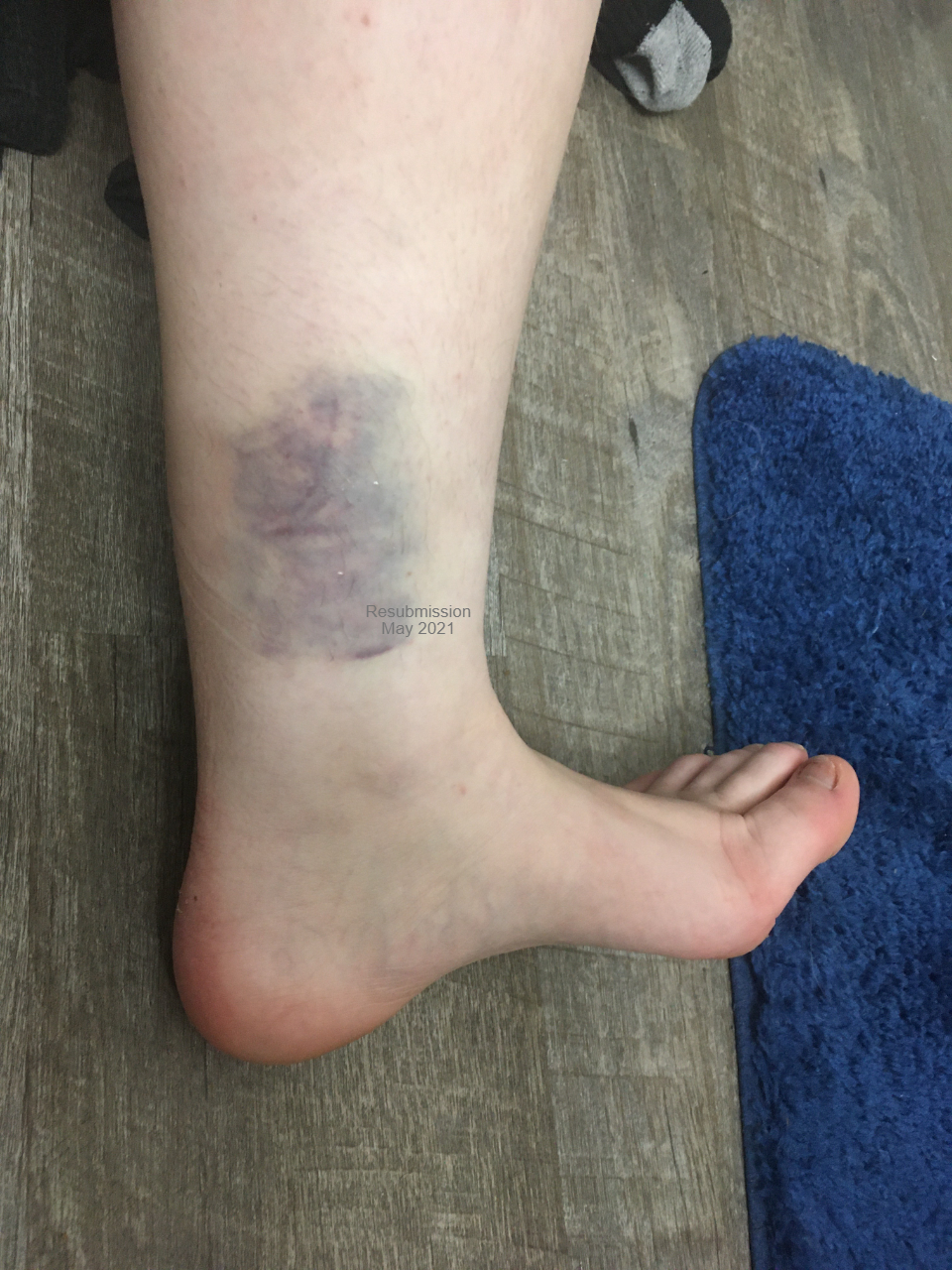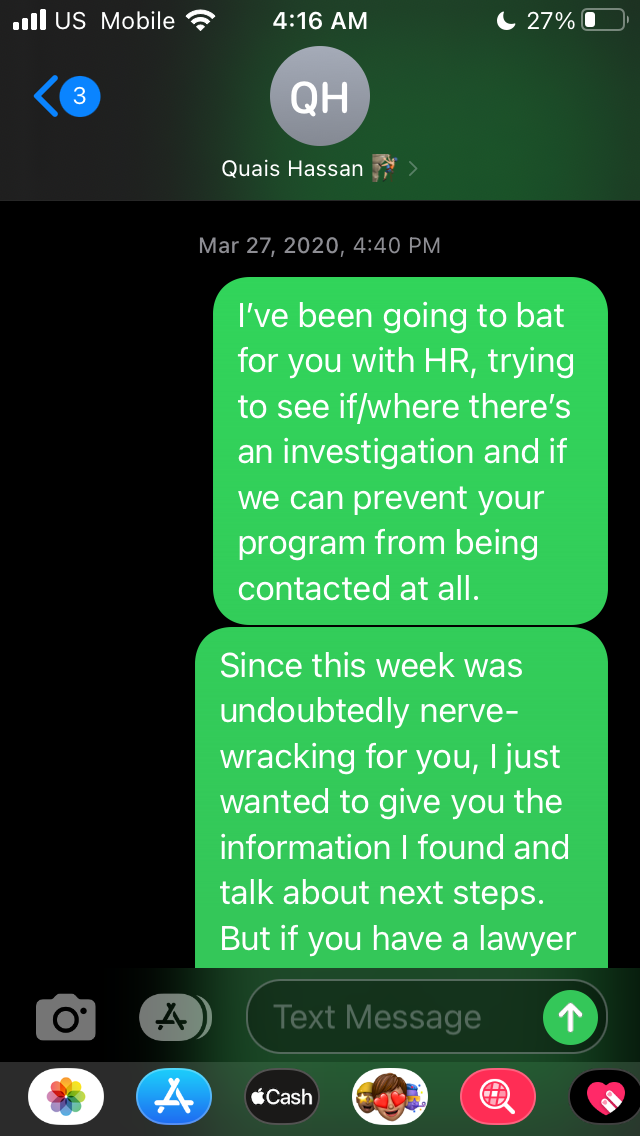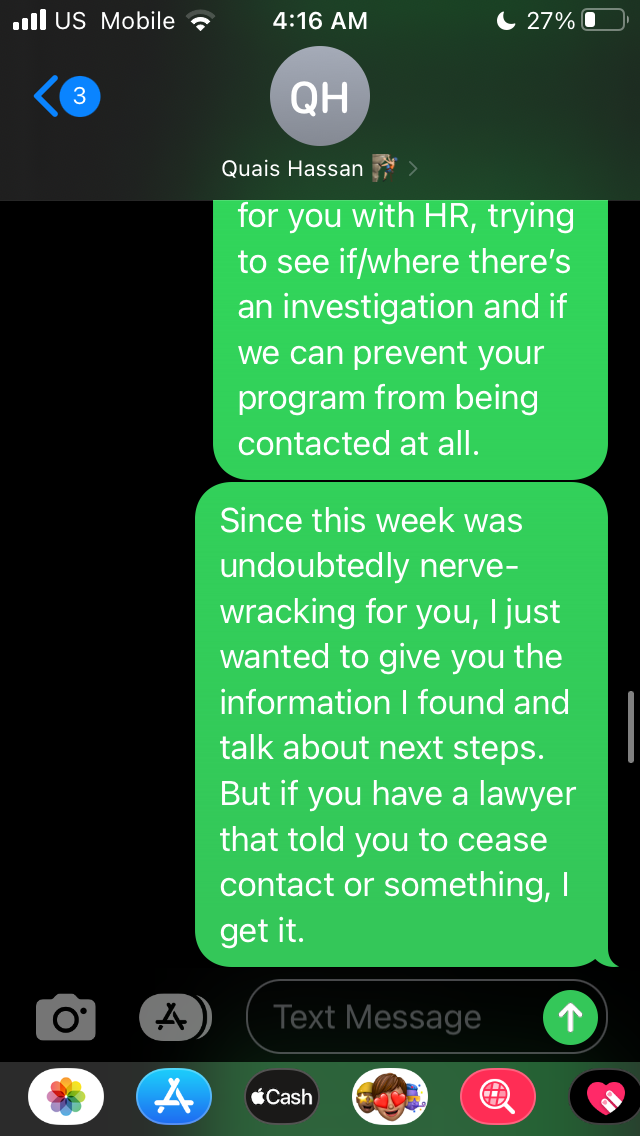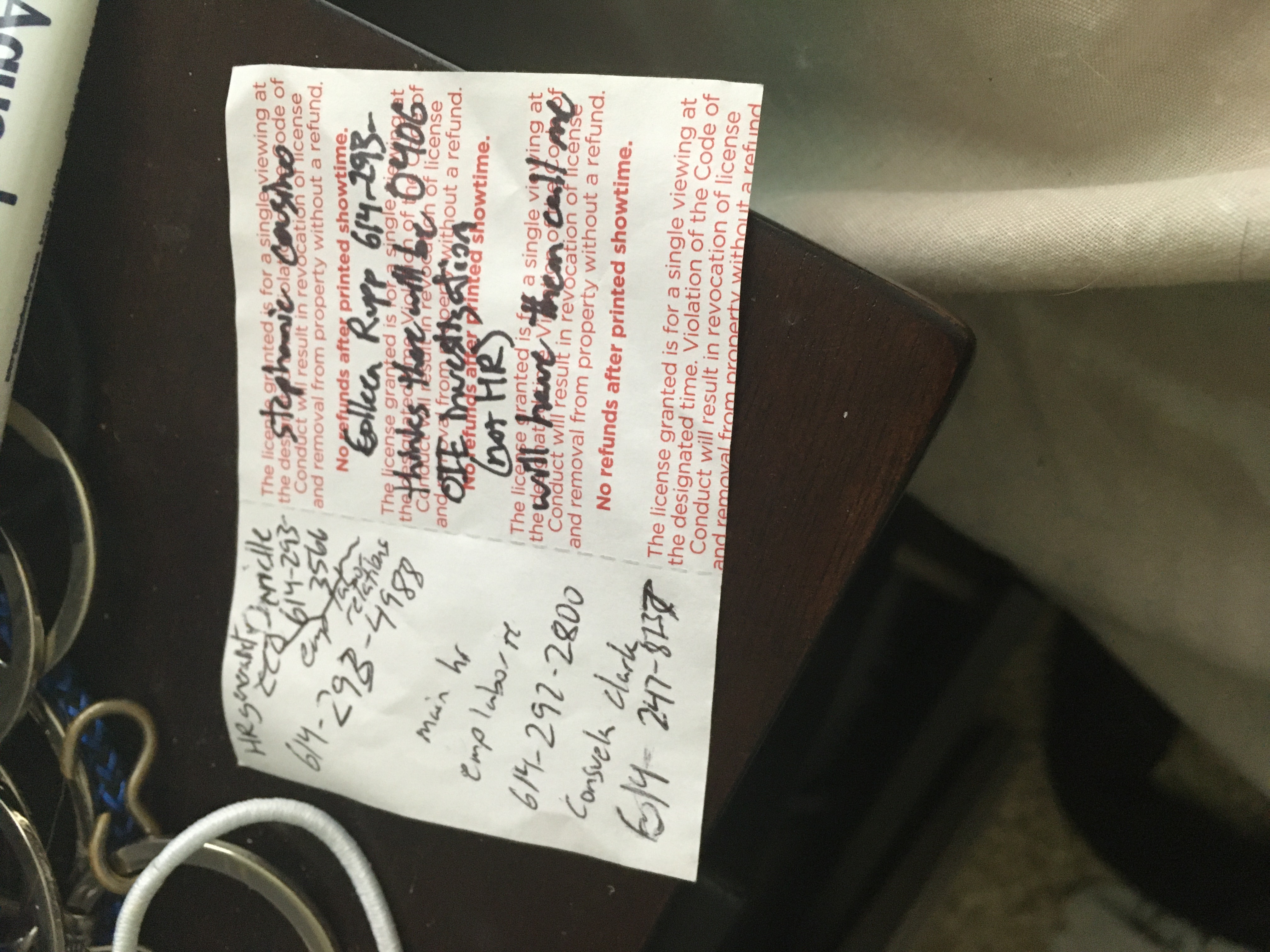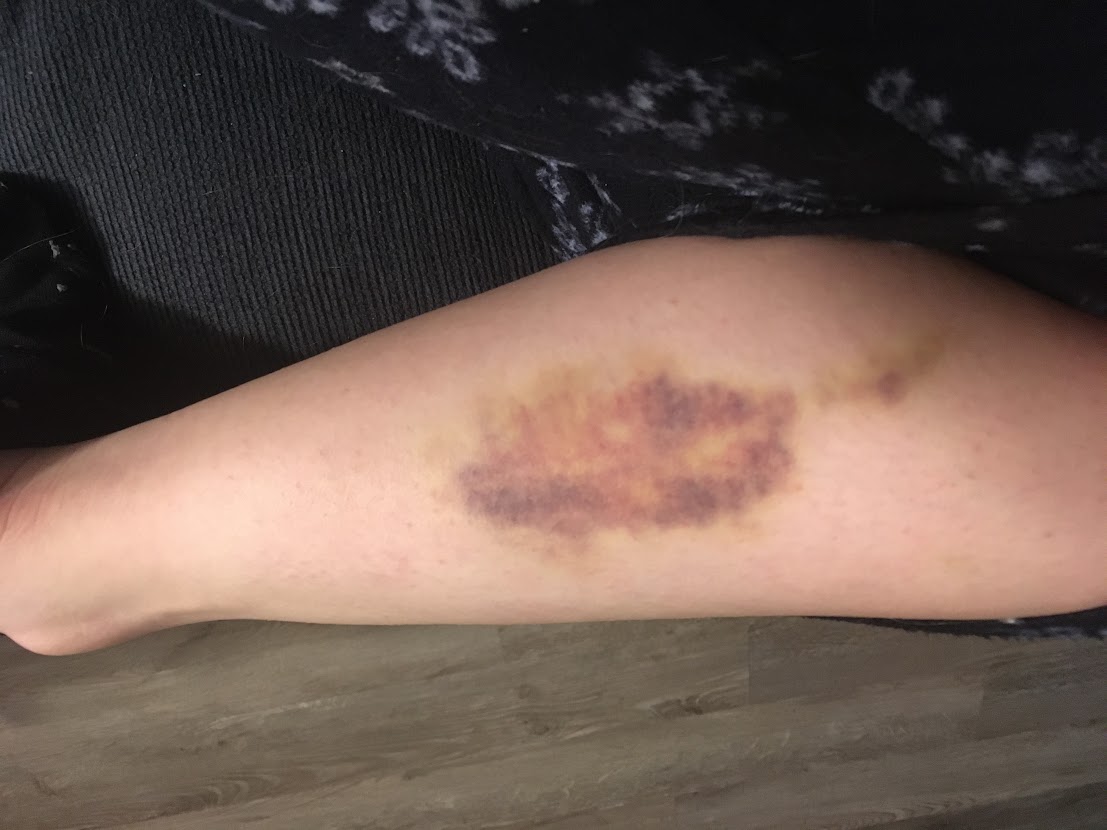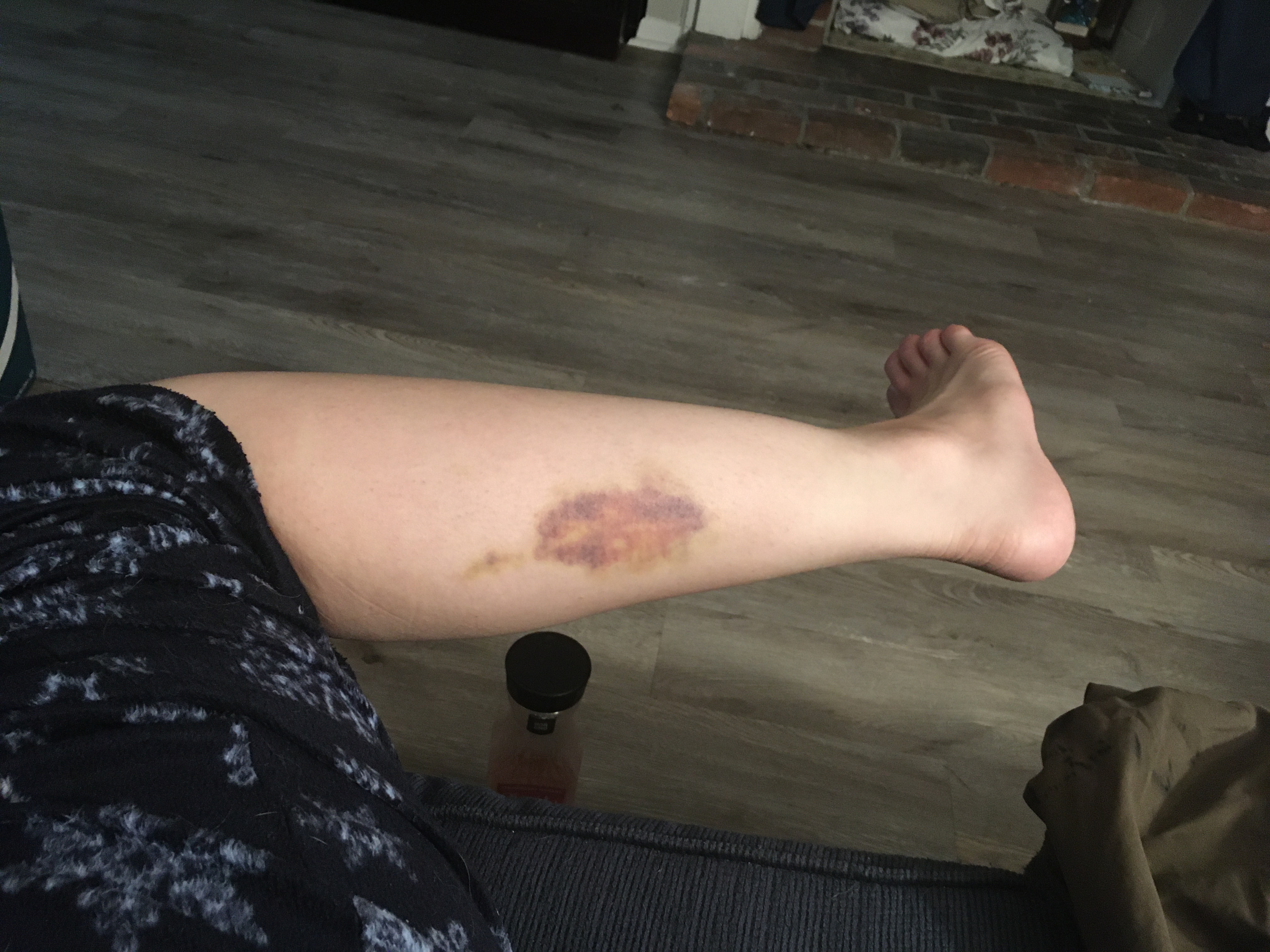Sexual assault featured heavily as a red herring throughout OSU's investigations. Since Quais's friend had heard me yell "your buddy assaulted me" through the phone, and thought I had meant sexual assault, Quais jumped on this to claim that I had been making false accusations, and that I couldn’t be trusted to keep my story straight.
When I insisted throughout the first investigation that Quais had never sexually assaulted me and that I never falsely accused him of such, that was all true. When I still insisted during the second investigation that Quais hadn't sexually assaulted me on March 23rd, and that he was putting a lie in my mouth to try to detract from my credibility, that was still true.
But the sexual harassment and coercion really ramped up in May 2020, when we rekindled our relationship in secret. At work, he'd show up in the secluded basement rooms where I was conducting experiments and start touching me inappropriately, even after I told him I wanted to concentrate. At home, he'd pester me for sex or specific acts long after I said no. There were a few incidents where it went on for literal hours, and I said "no" and its variations over a hundred times. This isn't exaggeration-- I would check my phone and count until I lost track, to try to use that as evidence to convince him to stop.
Then in the autumn of 2020, he did sexually assault me. The lines between misunderstandings, coercion, and callous rape can sometimes be blurred, but at least three occasions were unambiguously the latter.
While I've been very forthright throughout the rest of my testimony, I reserve the right to not relay the graphic minute-by-minute accounting of the sexual abuse the way I have for much of the physical and verbal abuse. I simply feel less comfortable with sharing it because of cultural/professional stigma around women so much as mentioning certain parts of our bodies, but I did write out the testimony elsewhere in case it's later demanded in a legal context (or in case my comfort level changes).
But I will say that he had a theme during every act of harassment, coercion, and SA, which was "trust me." "Trust me, you're going to like it" and "trust me, we can just try it quickly." It matched the same thinking pattern I described earlier with the physical abuse and control-- he would get fixated and repeat the same goals, bizarrely deaf to anything I was saying and confident that he knew better. So even when I was saying “no” and "I'm serious" and even "I do not consent" while wiggling away from him, he just ignored me and told me later that he thought I was "being coy.”
I recognized that he had crossed the line from coercion into assault immediately each time it happened, and I let him know just how furious I was during and after each incident. But a mixture of my direct observations, his explanations, and wishful thinking gave rise to pathologizing his behavior and giving him way too many chances to correct it. We had concluded together that he had difficulty internalizing certain social cues, or that he had never been instructed on some of those cues in the first place, but part of me still knew that was wrong. As a self-proclaimed progressive male feminist, and as a med student who had sat through a decade of seminars about consent policies, sexual wellness, social psychology, and medical professionalism, how could he not understand that no means no? Who says "I do not consent" and a safe word if they're being coy? After I explained once that those phrases are always an unambiguous "no," how on earth could he feign ignorance a second time? What is wrong with him?
When I was relaying this confusion and frustration to my PTSD therapist a couple years later, it was a major wake-up call to hear her say firmly: "He knew what he was doing."
And that prompted me to reconsider something else: very early in our relationship, he’d randomly disclosed to me that a woman in his past had threatened to falsely accuse him of sexual assault if he were to report misconduct by another man that this woman was protecting. [I'm not describing how he knew her or any more detail than that, because that could reveal her identity and I don't want to involve her if she's not ready.] I was originally sympathetic, but it doesn't add up in hindsight:
Whose word do I take on this - the random woman (with statistically low chances of falsely accusing anyone) or the man that’s already proven himself to be a rapist?
The random woman or the man who I already saw accuse a woman of being a false rape accuser when she’d said nothing of the sort (me), in order to poison her credibility with others?
The realization that Quais Hassan is an unrepentant predator was key in solidifying my decision to go public.
I also was (and still am) furious at the lack of options victims are given. There are no options that I could find to get a rape kit collected and preserved "just in case" without yet again giving up all control to powerful institutions that don't have my best interests at heart. In order for me to have scheduled that four-hour exam within 72 hours, I would have had to go to the ER during a COVID surge. Then, most crime labs can legally arbitrarily choose to destroy the kit before even testing it or asking the victim. Then if they did test it, I couldn't intervene to have them just hold the sequencing data without immediately matching it in a database to some family member of Quais’s and then to him.
And to make matters worse, most jurisdictions are negligent and backlogged, so I would have this hanging over my head for up to three years before getting a jarring phone call reminding me of my sexual assault. Then a prosecutor eager to be "tough on crime" could charge him without my consent the same way OSU did, and ply me with more phone calls coercing my testimony. Or conversely, receiving news that the cops had arbitrarily abandoned a very real sexual assault case would still be outrageous and disruptive.
I had three days to decide if all that could be worth it to get proof that he raped me-- proof that I wasn't even sure I wanted to use, since I was still trying to fix him. The decision paralyzed me until the three days were up, so… I guess I decided no. And even when the relationship ended in late 2020 and the student investigation forced us to participate in 2021, how could I possibly tell investigators this? Even though circumstances had changed, it would play right into Quais's narrative about me changing my story about sexual assault allegations, and would reduce my credibility to any lazy case investigator (which is the only kind of investigator OSU had). Without that physical evidence, reporting to the police, to OSU, or to the public (hey) puts me at extreme risk for legal retaliation and no one believing me. So I kept quiet and tried to forget, until OSU put him back in a position to hurt others.
